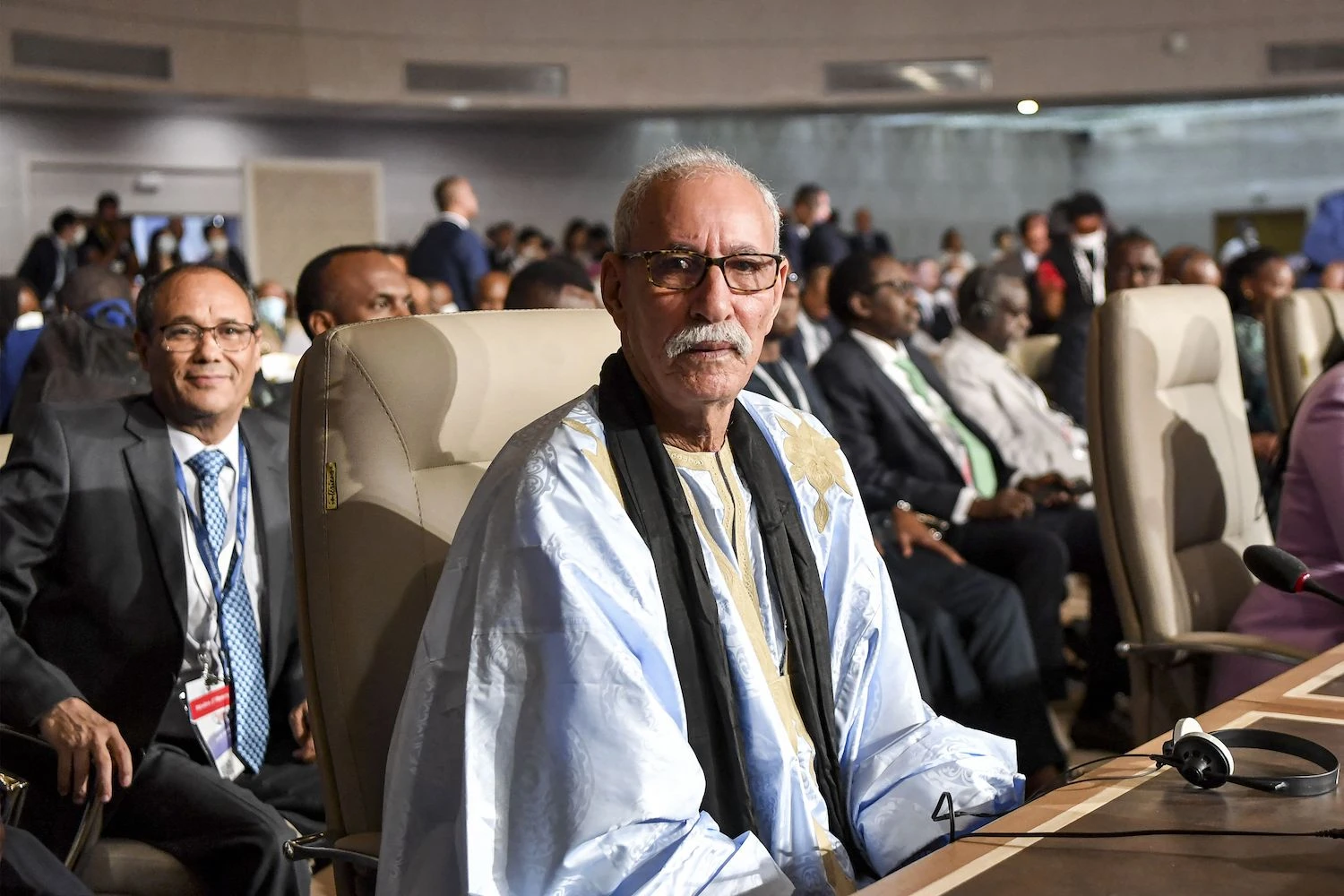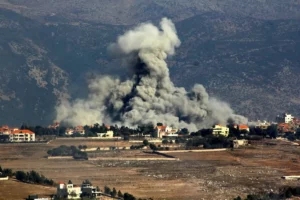Power balances in North Africa are shifting. The latest indication that Algeria’s star is rising—along with European demand for its natural gas—as Moroccan influence wanes was all but confirmed by Tunisia’s decision to include the leader of the Western Sahara independence movement the Polisario Front in an investment conference, a move seemingly designed to ruffle feathers in Morocco.
The Polisario Front, with Algerian support, has been fighting to secure independence for the disputed territory of the Western Sahara since 1973, a move fiercely contested by Morocco since it claimed the territory in dramatic fashion two years later, when some 350,000 flag-carrying Moroccans crossed the desert in Rabat’s “Green March” and essentially forced Spain to hand it over. Fleeing the Moroccan advance, the local population, the Sahrawis, headed for Algeria, eventually settling in a cluster of refugee camps near Tindouf, where they have remained since.
For decades, Tunisia has looked on, maintaining its neutral stance as both sides jockeyed for dominance. However, by appearing to have unilaterally invited Brahim Ghali, the Polisario leader and president of the self-declared Sahrawi Arab Democratic Republic, to a conference it was holding in tandem with Japan, that neutrality has come into question. Moreover, for many observers, the invitation confirmed what many suspected: that Tunisia is growing increasingly close to Algeria, potentially at the expense of its historically close ties with Morocco, while Rabat’s relations with Japan, which Tunis enjoys a burgeoning relationship with, are cast into doubt.
The details of the invitation are opaque at best. The conference, the eighth Tokyo International Conference on African Development, was staged in Tunisia, where Ghali flew in to be met, as with other leaders, off the plane by Tunisian President Kais Saied.
His presence appeared to take many by surprise, not least Morocco, which swiftly issued furious missives of the “hurt” caused to the Moroccan people by Tunis’s action. Ambassadors were withdrawn by both countries while Morocco’s newspapers denounced Tunisia’s shortcomings.
Saied and his foreign ministry claimed surprise at the reaction, citing a circular from the African Union, which extended the invitation to all leaders, including Ghali. A statement was issued by the foreign ministry, reaffirming the country’s total neutrality in line with international law, stating, “This position will not change until the concerned parties find a peaceful solution acceptable to all.”
Saied’s ultimate goal remains a matter for speculation. However, with Algeria proving a key energy supplier during Tunisia’s seemingly endless economic crisis while lending vocal support to the president’s legitimacy, Algiers’ rising clout was likely prominent in Saied’s thoughts.
Although Morocco’s sensitivity on the subject of the Western Sahara may seem surprising, the fate of the territory has become a central pillar of the kingdom’s worldview. Criticism of Rabat’s deal over the territory with the former Trump administration as well as allowing access to the country’s medical facilities have led to diplomatic breakdowns with Germany and Spain, with the latter also getting dragged into a spying scandal.
Source: Foreign Policy

















Add Comment